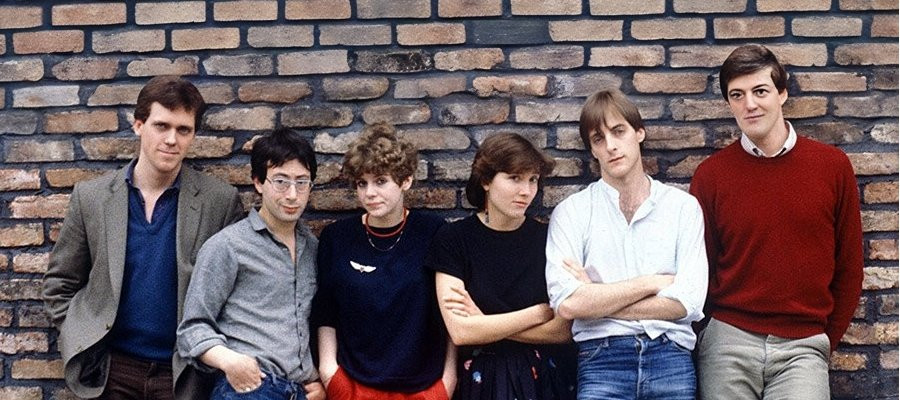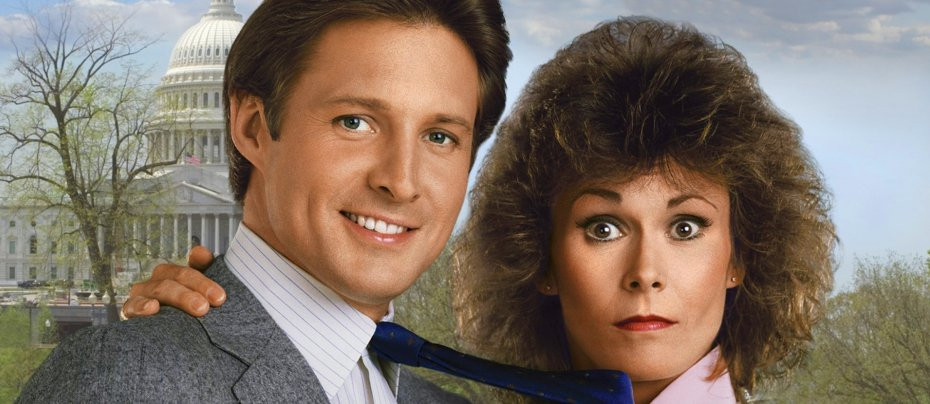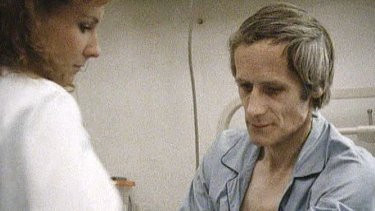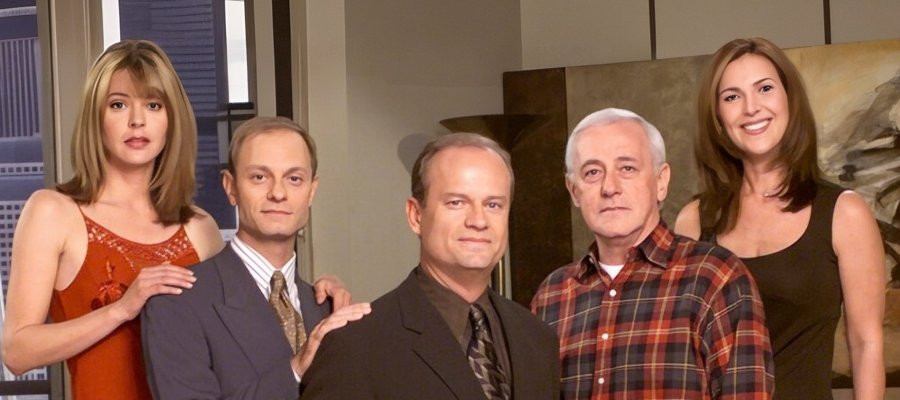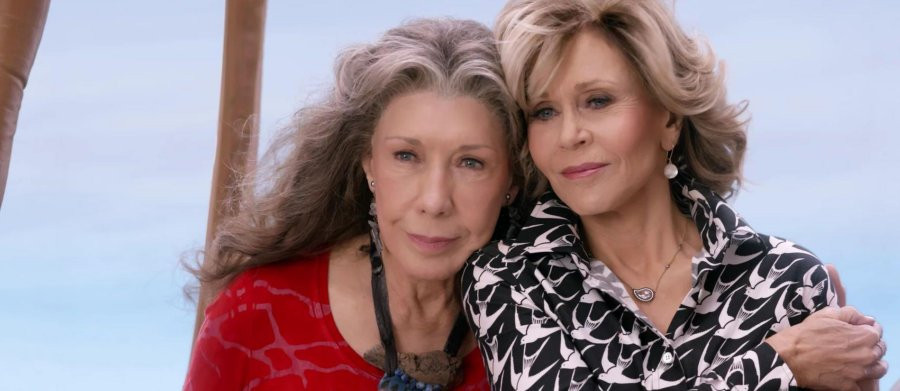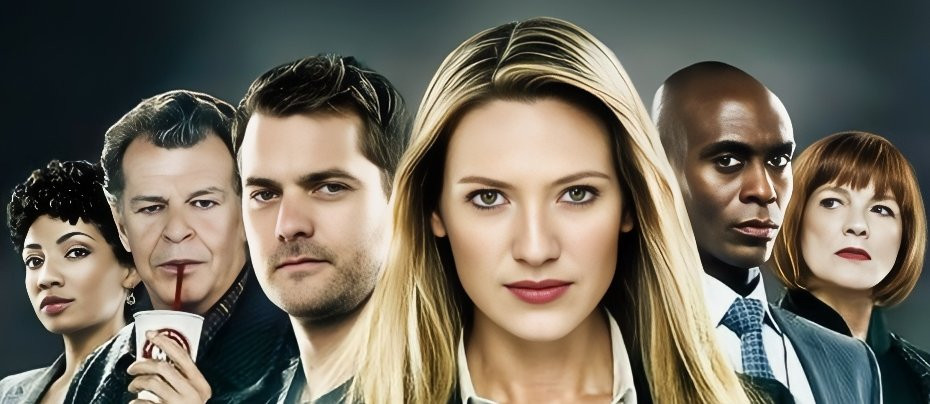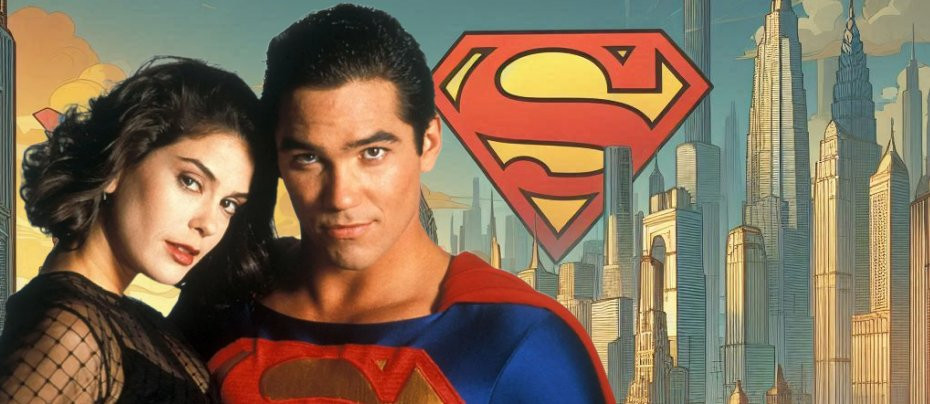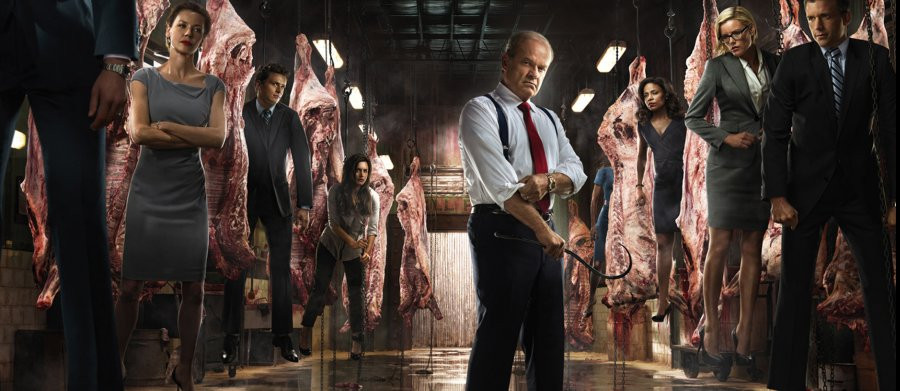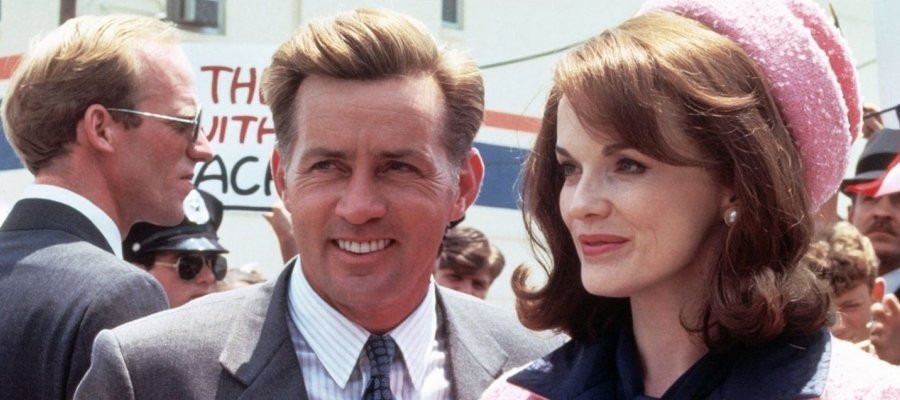
Kennedy
1983 - Usa UkSixty-three years on, controversy still clings to John F. Kennedy’s assassination — and indeed, an entire industry of books, films, and TV dramas has grown around it, grappling with conspiracy theories, political symbolism and the enduring mystery at the heart of his presidency. In that light, the 1983 U.S. & UK co-produced television miniseries Kennedy remains a fascinating artifact: both a product of its time, and a serious attempt to dramatize the “Camelot” era without devolving entirely into mythologisation.
Kennedy is a five-hour, three-part miniseries (sometimes shown in seven parts in syndication) written by Reg Gadney and directed by Jim Goddard. It chronicles Kennedy’s presidency from his inauguration in 1961 to his assassination in Dallas in 1963, touching on major flashpoints such as the Bay of Pigs invasion, the Cuban Missile Crisis, the civil rights movement, and early involvement in Vietnam.
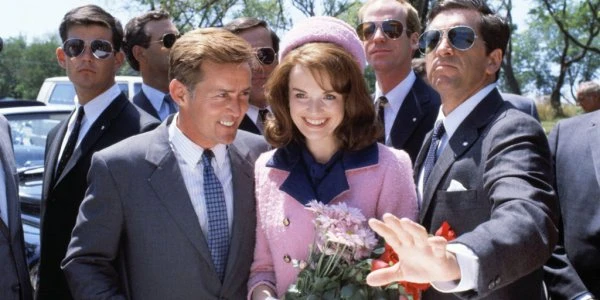
Martin Sheen delivers the title role with commitment and gravitas. As noted in the DVD reissue review, he “inhabits [Kennedy] with an intensity he rarely displayed” elsewhere, though his Boston accent occasionally slips into caricature. Blair Brown as Jacqueline Kennedy is often praised for her poise and emotional restraint, bringing genuine dignity to a figure sometimes reduced in popular culture to a fashion icon. John Shea’s portrayal of Robert F. Kennedy also stands out — he grounds the drama with moral seriousness, even against the backdrop of great historical events. Vincent Gardenia as J. Edgar Hoover offers a brooding, shadowy presence, positioning the FBI chief as a looming antagonist.
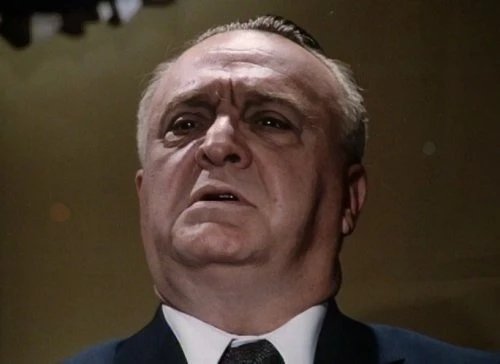
Gadney’s script is earnest and detailed, but not sensationalist. Rather than fixating on scandal or adultery (Kennedy’s well-known womanising is mentioned but not overplayed), the drama stays focused on politics, power, and historical consequence. The miniseries does not shy from tragedy; Kennedy’s assassination looms over the entire narrative, giving several scenes a melancholic, elegiac quality. As one reviewer put it, the series offers “an uncompromising look” at his presidency.
However, this restraint comes at a cost. The pacing is uneven: some episodes dive deeply into crisis, while the series feel episodic and disconnected, with transitions between major historical events feeling abrupt. While the miniseries tries to cover too much ground, it sometimes misses the emotional depth of more intimate, character-driven storytelling.
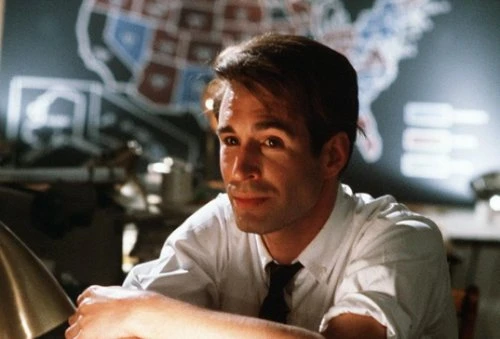
Nonetheless, for a television production of the early 1980s, Kennedy is impressively made: period costumes, sets, and cinematography evoke the early 1960s convincingly. Slant Magazine’s DVD review does point out some technical drawbacks in its home-media release — a tinny sound mix and a sparse DVD package — but lauds the production’s ambition and fidelity to historical moments.
When Kennedy first aired on NBC in November 1983 — deliberately timed to coincide with the 20th anniversary of JFK’s assassination (it’s now 63 years!) — its ratings grew dramatically over its three parts. Part 1 averaged a modest Nielsen rating, but Parts 2 and 3 broke into the top 10 for the week, with Part 3 reaching a 24.3/37 share. This suggests that while initial interest was cautious, the miniseries succeeded in building momentum as it progressed.
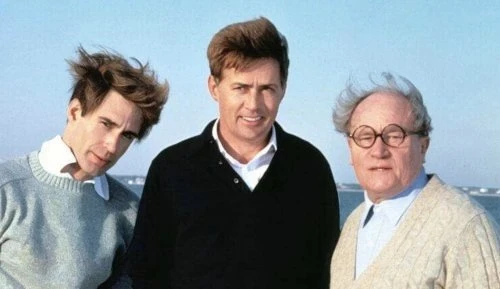
The critical reaction was broadly positive, particularly in the UK and among serious television drama critics. The series was nominated for three Golden Globes and four BAFTA Awards. It won two BAFTAs: Best Drama Series/Serial and Best Make-Up. DVD-era retrospectives, such as that by Slant Magazine, describe it as “well done, if often forgotten,” which accurately captures its later standing: respected, but not as iconic as some other JFK portrayals and certainly not as controversial as Oliver Stones’ JFK.
One of the most remarkable aspects of Kennedy was its international distribution. The series was sold to 50 countries, and in 27 of those, it was broadcast simultaneously with the U.S. premiere. This level of global syndication underscored the enduring fascination with the Kennedy presidency around the world, and it testified to the producers’ confidence in its universal appeal.
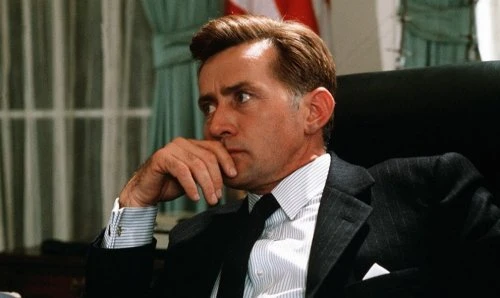
In the broader ecosystem of Kennedy media — which ranges from the high-drama of JFK to more recent docudramas and conspiracy-driven pieces — the 1983 Kennedy miniseries occupies a distinct niche. It is not sensationalist, nor is it aggressively revisionist. Instead, it offers a measured portrayal that honours the historical record and Kennedy’s public life.
Its critical recognition (particularly at the BAFTAs), strong international sales, and enduring availability (it has been released on DVD and can still be streamed) suggest that, while perhaps overshadowed by flashier successors, it remains a significant cultural document.
Kennedy is a mature, well-acted, and thoughtful dramatization of one of the most luminous and tragic presidencies in American history. While it may lack some of the narrative risks or stylistic flair of later dramatizations, its grounds in historical events—not conspiracy—gives it a sober credibility. For those interested in a respectful, broadly accurate portrait of JFK’s time in office, it remains very much worth watching. For viewers drawn to scandal, psychological drama or conspiracy, it may feel restrained — but that restraint is part of its strength.
Seen this show? How do you rate it?
Seen this show? How do you rate it?
Published on November 22nd, 2025. Written by Laurence Marcus for Television Heaven.


